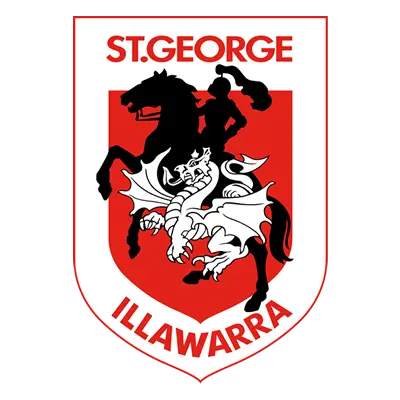Although his on-field misdemeanours are probably what Mark Vermeulen, one of Zimbabwe's most talented young batsmen, will now be remembered for, my abiding memory of the man is of quite a different incident which occurred off the field.
In early 2004 he was in the middle of a lay-off after sustaining his second severe head injury in a year - he had been struck a sickening blow above the right eyebrow by Irfan Pathan during Zimbabwe's tour of Australia. Bangladesh were touring Zimbabwe, and after a weak performance during the Tests, were putting in a much more sterling effort in the one-dayers. A loss in the first game had dented Zimbabwe's pride, but the team bounced back in the second and third one-dayers in Harare, much to the enjoyment of the large crowd of spectators who had come to support the home team.
Anyone who has attended a one-day game in Harare will have noticed that the crowd is made up, largely, of black schoolchildren from some of the poorest suburbs in the city. As the popularity of cricket among Zimbabwe's black population has grown, their numbers at games have swelled.
Disappointingly, instead of integrating, most of what is left of the old white elite of supporters have moved away from the stands into the pavilion and sports club bars and seats reserved for those in the higher wage brackets.
However, at the second one-day game there was at least one white face among the sea of enthusiastic black children, and it was Vermeulen's. For most of the game, which Zimbabwe eventually won, he led a shouting, laughing band of at least 30 or 40 children around the stands. Wherever he went, they followed, and with his encouragement cheered their side to victory.
In a country in which racial and political tensions are a fact of everyday life, it was heart-warming to witness the sight of a young, white male from an affluent Harare family in his element, and loving every minute of it, among black children who would be bussed back to one of the capital city's sprawling, poverty-stricken townships after the game. It took only one thing to break down the racial, economic and age boundaries between Vermeulen and those children: cricket. This not only gives a flicker of hope for the future of Zimbabwe cricket, and the country at large; it also offers an insight into his open, care-free attitude off the field, and the supremely privileged place cricket holds in his life.
All I want to do is to play for my country ... that's been my goal since I was 10 or 12 years old
This is a man who is literally willing to risk his life in order to play for his country again. After a three-and-a-half hour operation to repair the skull fracture inflicted by Pathan, Vermeulen said that the doctors warned him a third such injury could put his life at risk. He told BBC Sport: "If it happens again it will make one hell of a mess... but cricket is my only love, my big love, and I decided to go on playing.". In an interview with Cricinfo he stated: "Basically all I want to do is to play for my country. That has been my goal since I was 10 or 12 years old."
However, his cricketing ambitions have seemingly been thwarted. He has not been picked for Zimbabwe for almost two years, despite leading the batting averages in the country's domestic competition - when it still had one to speak of. When he was not offered a national contract last year, Vermeulen said: "I personally went to Ozias Bvute [the ZC managing director]. He [Bvute] told me that it was not up to him, but that he would take the necessary measures. I still want to play. I was given no reason why I was not given a contract. I think I have done my best for Zimbabwe to make at least the performance-based list."
After the hearing of the Lancashire Cricket Board, in which his 10-year ban was cut down to three, with two years suspended, Andrew Fitch-Holland, his legal representative, stated that Mark had been diagnosed as "suffering from a depressive illness which of course has a significant impact upon his behaviour". He continued: "For anyone, let alone a professional sportsman, to publicly admit to such a struggle is, I suggest, exceptional and worthy of a degree of respect. We offer no excuses for Mark's unacceptable conduct but ask instead for some understanding. To his credit Mark has already taken positive steps to seek help, and is trying to remain upbeat about his future in cricket in these difficult days."
Having met and spoken to Vermeulen about his cricket several times in the past myself, it is quite comprehensible that the stall in his career should affect him to such a degree. He simply lives for cricket.
In his private life Vermeulen is, in my experience, at all times friendly, approachable and supremely laid-back. He always had time for people, and had no affectations about talking to anyone, white or black, especially if the subject was cricket. He was fun-loving and did not take himself too seriously: I once saw him dancing, in full, skin-tight cycling gear, on the roof of a Harare nightclub. Off the field, one could even say he seemed humble and (whisper it) peace-loving.
While there can be no excuses for Vermeulen's recent, or past, objectionable actions on the field, there are reasons, and there are other sides to his character which should not be simply swept away. It was not thuggery or arrogance which drove him to such extreme lengths on that fateful late-summer day in Ashton, but rather the frustration of his sheer passion, his motivation and his all-encompassing desire to succeed as a cricketer.

















